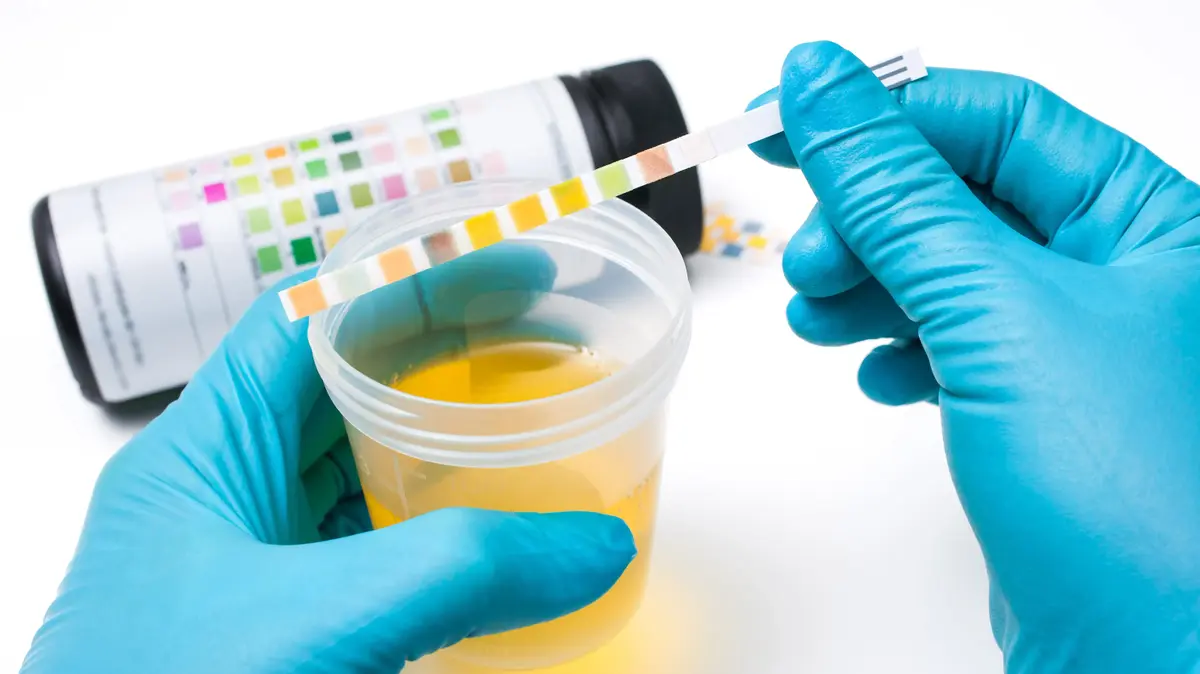health
news
It is the second most common cancer in Israel, but it can be prevented
Early testing can save lives, especially when it comes to colon cancer.
But not only.
The diet and exercise you do also have a significant effect.
Ahead of Colon Cancer Awareness Month here is everything you need to know about preventing the disease
Tags
cancer
Colorectal Cancer
Colonoscopy
Walla!
health
Sunday, 14 March 2021, 06:58
Share on Facebook
Share on WhatsApp
Share on general
Share on general
Share on Twitter
Share on Email
0 comments
Abdominal pain and bleeding are just some of the symptoms.
Woman holding belly (Photo: ShutterStock)
Every year, close to 3,000 new colon cancer patients are diagnosed in Israel.
It is the second most common type of cancer in the country, both in women and men, and in about 80 percent of cases, it depends on age, so as you get older, its incidence increases accordingly.
It also depends on inherited genetic conditions, so people with a family history of the disease should pay special attention to it.
"Many people can live for months and even years with polyps without even being aware of their existence. The polyps show no sign of their presence, and so does cancer in its early stages, except perhaps in cases where occult blood is detected on a stool test or a red blood cell deficiency (anemia)." , Notes Prof. Yael Koppelman, director of the Gastroenterology Institute at Hillel Yaffe Medical Center.
However, she said, as the tumor develops, symptoms will be added, such as abdominal pain, overt bleeding, a change in bowel habits or bowel obstruction.
More on Walla!
Garlic and onions reduce the risk of colon cancer
To the full article
In recent years we have seen a trend of gradual decrease in the incidence of colon cancer in light of the early detection of polyps, so when cancer is detected there is a good chance it is still in its early stages.
To prevent cancer in general and colon cancer in particular, it is advisable to adhere to a low-fat, high-fiber diet, avoid being overweight and engage in regular exercise.
More on Walla!
Coffee increases the chances of survival of colon cancer patients
This is how your diet determines whether you will get cancer
Suffering from sciatica (sciatica)?
Get to know the natural treatment that overcomes the pain - without leaving home
"Every supposedly healthy person is at risk of developing colon cancer. To prevent it completely or at least detect it in early stages - it is recommended to undergo screening from the age of 50. You can start a survey using a stool blood test, which is simple and non-invasive, and if positive. The patient will continue the examination, "explains Prof. Koppelman," the stool test is not always good enough for early detection, so it is possible to choose a colonoscopy from the beginning, especially in cases where there is a family history of malignancy or a known genetic defect. "
The most accurate and effective test today.
Colonoscopy (Photo: ShutterStock)
The colonoscope is a tubular device that allows you to look inward into the colon from beginning to end.
In order to do a good diagnostic test, the intestine must be clean of contents, so before the test, preparation of a substance that causes diarrhea and emptying the intestines is required.
Without good preparation it is not possible to guarantee that small unidentified polyps will not be hidden under fecal remains.
"The colonoscopy is the most accurate and effective test today for diagnosing and treating polyps. The colonoscopy is done under light anesthesia, and the patient usually does not feel anything. The colonoscopy is an invasive test, and in rare cases there may be complications such as bleeding or perforation, but the risk is not much greater. "In a colonoscopy, we excise a polyp that already carries cancer cells in it. Under the right conditions, when the cancer is completely removed during the colonoscopy, we are content with that and there is no need to send the patient for resection, so endoscopic treatment can save surgery."
There are alternatives to colonoscopy, such as CT with a virtual examination of the intestinal cavity or imaging taken by a special capsule for the colon, but these do not save the need to prepare the intestines with laxatives, and their effectiveness in detecting polyps is slightly less compared to a colonoscopy.
"The colonoscopy is the only test today that allows for the sampling of suspicious findings for microscopic diagnosis, and the only one that allows for the resection of polyps that may develop into cancer," explains Prof. Koppelman.
She added that "colon cancer 'calls' us to be vigilant and initiate preventive action. Each and every one of us needs to take personal responsibility and undergo a screening test when we reach the appropriate age. Be smart and get a cure for the mecca early."
Share on Facebook
Share on WhatsApp
Share on general
Share on general
Share on Twitter
Share on Email
0 comments








